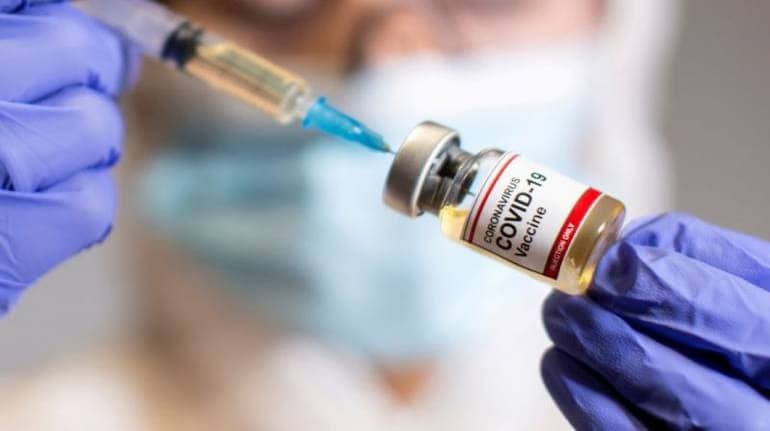



With preparations underway for a possible vaccine-rollout by January, the Indian drug regulator is looking at the UK, which sources believe may give its nod to the Oxford COVID-19 vaccine next week, before deciding on giving emergency use authorisation to the Serum Institute that is manufacturing the shots here.
Once the UK drug regulator gives its approval to the Oxford vaccine, the expert committee on COVID-19 at the CDSCO will hold its meeting and thoroughly review the safety and immunogenicity data from the clinical evaluations conducted abroad and in India before granting any emergency authorisation for the vaccine, official sources said.
The process of granting emergency use approval for Bharat Biotech's COVID-19 vaccine 'Covaxin' may take time as its phase 3 trials are still underway, while Pfizer is yet to make a presentation.
"Going by this, Oxford vaccine 'Covishield' is likely to be the first to be rolled out in India," a source said.
Serum Institute of India (SII) last week also had submitted some additional data required by the Drug Controller General of India (DCGI), the sources said.
Amid fears about the mutated variant of SARS-CoV-2 detected in the UK, government officials recently said that it will have no impact on the potential of emerging vaccines that are being developed in India and other countries.
Bharat Biotech, Serum Institute of India (SII) and Pfizer had applied to the Drugs Controller General of India (DCGI) seeking emergency use authorisation for their COVID-19 vaccines early this month.
The subject expert committee (SEC) on COVID-19 of the Central Drugs Standard Control Organisation (CDSCO) on December 9 had sought additional safety and efficacy data for COVID-19 vaccines of SII and Bharat Biotech after deliberating upon their applications.
The application by the Indian arm of US pharmaceutical firm Pfizer was not taken up for deliberation as the company had sought more time for making a presentation before the committee.
The Pfizer vaccine has already been approved by several countries including the UK, the US, and Bahrain.
While considering SII's application, the SEC had recommended that the firm should submit an updated safety data of phase 2 and 3 clinical trials in the country, immunogenicity data from the clinical trial in the UK and India, along with the outcome of the assessment of the UK Medicines and Healthcare products Regulatory Agency (MHRA) for grant of EUA.
As for Hyderabad-based Bharat Biotech, "after detailed deliberation, the committee recommended that the firm should present the safety and efficacy data from the ongoing phase 3 clinical trial in the country for further consideration", the SEC had said.
The Pune-based SII, the world's largest vaccine manufacturer, has made a collaboration with the University of Oxford and AstraZeneca to manufacture the vaccine.
The SII has already manufactured 40 million doses of the vaccine, under the at-risk manufacturing and stockpiling licence from the DCGI, officials recently had said.
Follow our full coverage of the coronavirus pandemic here.
Discover the latest Business News, Sensex, and Nifty updates. Obtain Personal Finance insights, tax queries, and expert opinions on Moneycontrol or download the Moneycontrol App to stay updated!
Find the best of Al News in one place, specially curated for you every weekend.
Stay on top of the latest tech trends and biggest startup news.